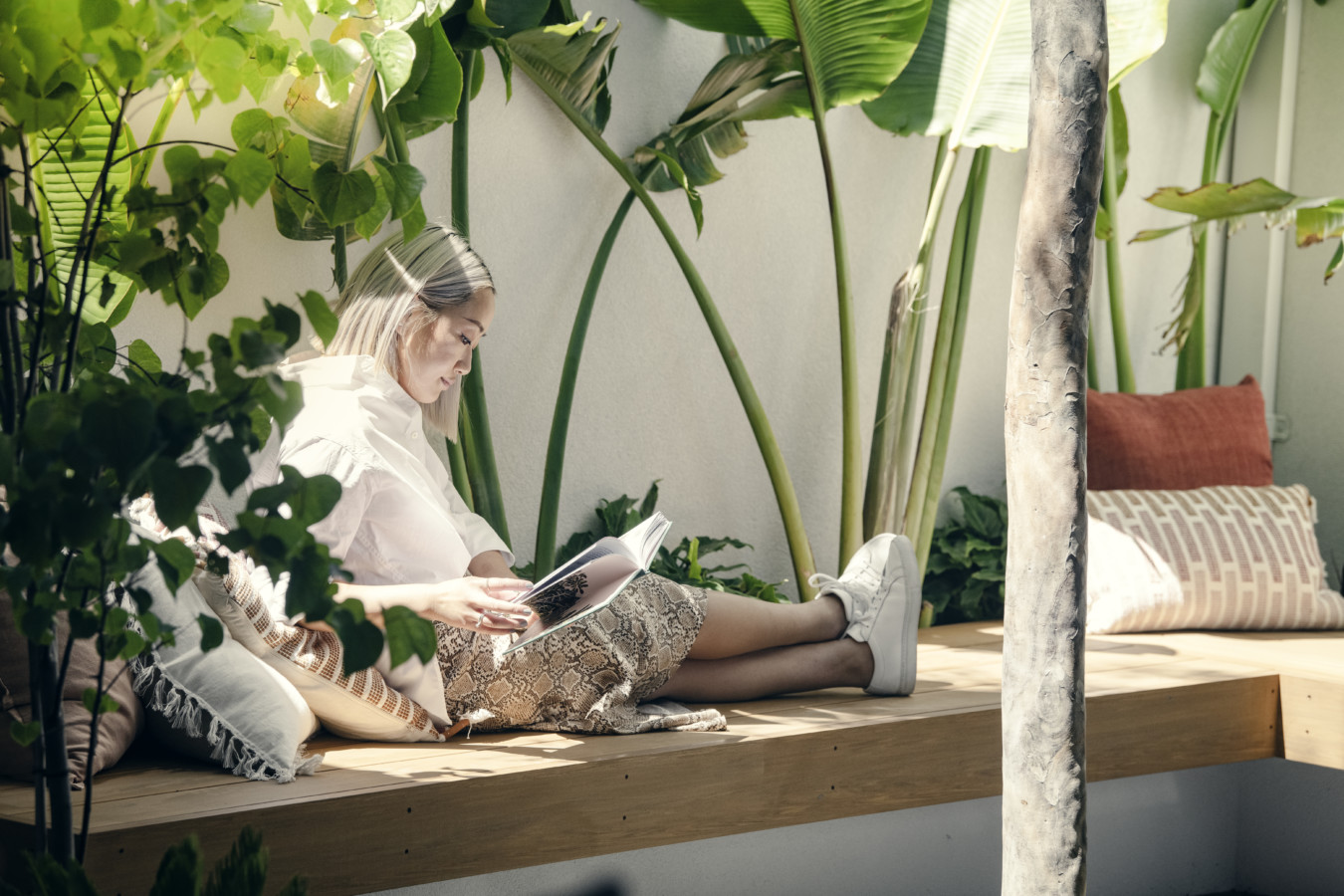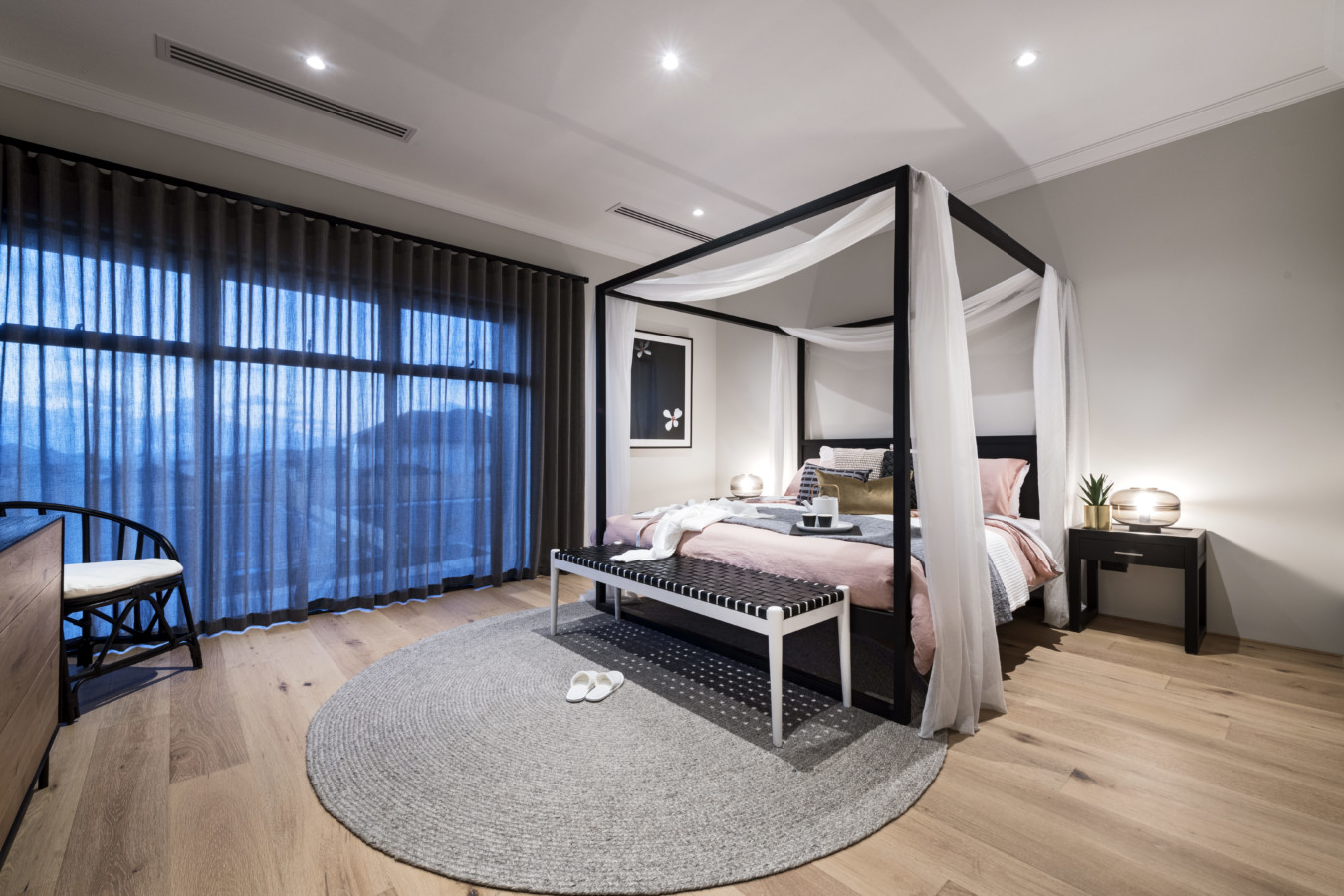If you’re like one of the thousands of Australians who experience trouble sleeping, you would know the impact that this has not only on your daily life, but your overall wellbeing.
We spoke with Respiratory Sleep Scientist, Dr Ryan Woodbury from Stay Balanced Healthcare, about his tips for getting a better night’s sleep to improve your wellness holistically.
“When running a busy schedule it can be easy to forget about the importance of a wholesome bedroom environment,” said Dr Woodbury.
“Recent research on sleep hygiene has indicated that there are several factors people can control in their bedroom to help them get a better sleep.”
Dr Woodbury recommends the following to help you get a better sleep:
Temperature: Cool down. A lower core body temperature induces ‘sleepiness’ whereas a higher temperature can promote alertness. A cooler thermostat (~ 22 degrees Celsius) is ideal to maintain a lower core temperature while sleeping.
Noise: A quiet bedroom for sleep is critical to avoid sleep fragmentation. Calming and soothing music can mask other noises and assist to alleviate pain and anxiety.
Light: We all have circadian rhythms (sleep-wake cycles) in our body that are guided by light and darkness. Daylight, as your eyes perceive light, promotes the brain to release cortisol which promotes alertness. Whereas night-time with darkness, the brain produces melatonin to induce sleepiness. The same goes with light from screen devices.
Pillow and Mattress: Various studies report that a ‘newer’ mattress and pillow can promote a better sleep and alleviate discomfort felt in the body. However personal preference is priority for individual factors such as sleep position and body weight which can influence the decision for memory foam, coiled spring, or gentle latex.
Keep consistent with your sleep-wake routine: This helps regulate various bodily functions that respond to consolidation of a sleep-wake cycle where the body prefers 16 hours of daytime wakefulness and 8 hours of night-time sleep.
Exercise and increased heart rate in the morning: Increased heart rate through exercise in the morning supports this sleep-wake cycle. It also aids in reducing insomnia and improving sleep quality.
Avoid caffeine after 12-2pm: Caffeine blocks specific receptors (adenosine) that reduces the feeling of tiredness. Caffeine takes 6 hours to be half cleared from the bloodstream and therefore can reduce your ability to fall asleep if ingested too close to sleep.
Sign off: Avoid emails and work-related activities in the evenings that cause stress. Stress significantly effects metabolism, immune system, mood, medication and sleep quality.





